Will solar panels eliminate my electric bill? Solar panels have been a hot topic of discussion in recent years, often spotlighted for their potential to dramatically reduce, if not eliminate, electricity bills. As we find ourselves in the era of green energy, the prospect of harnessing the sun’s infinite power to fuel our homes brings a gleam of hope to our eyes, and a question to our lips: “Will solar panels eradicate my electric bill?”
The answer, as with many things in life, is not entirely black and white. It’s a complex equation that encompasses a multitude of variables: the amount of sunlight your geographical location receives, the orientation and size of your roof, and your household’s energy consumption, to name a few.
As we look ahead to 2023, the potential of solar energy seems brighter than ever, promising advances in efficiency and affordability that could revolutionize the way we perceive electrical costs. In this write-up, we will delve into these elements to construct a comprehensive overview of what your electric costs might look like with solar in the coming years.
How Affordable Is Solar Energy?
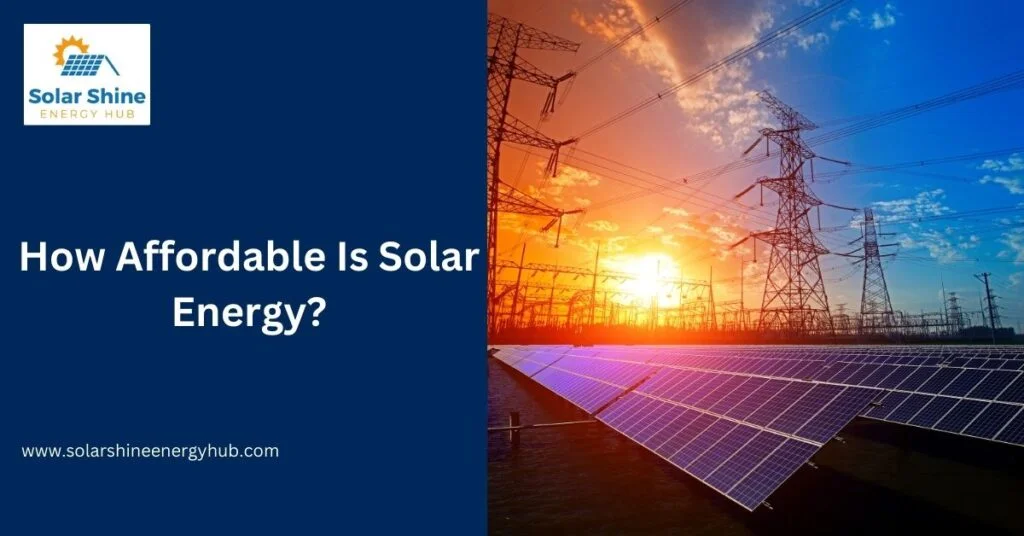
The affordability of solar energy has significantly improved over recent years. Technological advancements and regulatory policies have led to a decrease in the cost of solar panels, making them a more accessible choice for households.
However, it’s important to note that the initial cost of installing solar panels can be quite high. This upfront cost includes the price of the panels, inverter, batteries, wiring, and the installation itself.
Yet, this initial investment can be offset by the significant savings on energy bills over time. Moreover, various government incentives and schemes can further reduce the cost. In essence, while solar energy requires a substantial initial investment, it can prove to be a cost-effective solution in the long run.
Is Solar Power Sustainable Long-Term?
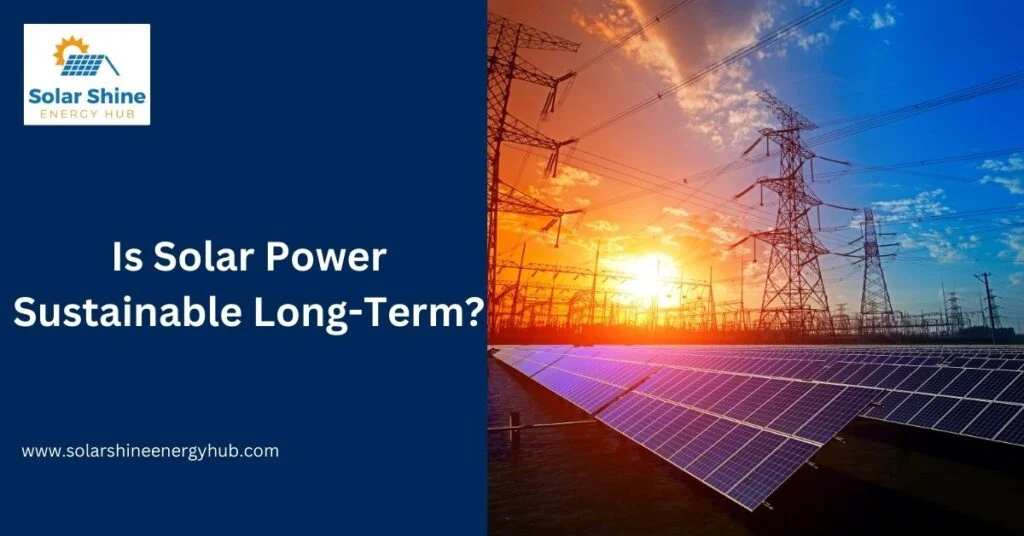
Solar energy is indeed a sustainable power source over the long term. Unlike traditional energy sources such as coal or gas, solar energy is renewable, meaning it won’t run out. It can provide us with electricity as long as the sun shines, which is billions of years into the future.
Moreover, solar panels have a lifespan of about 25-30 years. This means that once installed, they can provide clean, sustainable energy for decades with minimal maintenance. This long-term reliability further solidifies the sustainability of solar power.
Additionally, solar power contributes significantly less pollution compared to conventional power sources. It doesn’t emit harmful greenhouse gases during operation, making it a cleaner, greener alternative. This environmental sustainability is another reason why solar power is a viable long-term solution.
Can Solar Panels Replace Electricity?
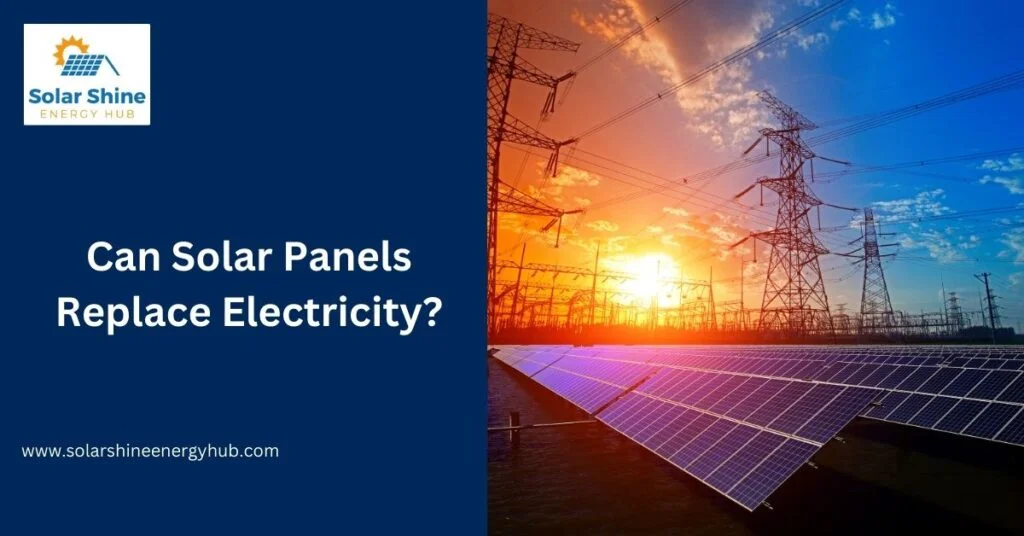
Solar panels, in essence, don’t replace electricity; they generate it. By converting sunlight into electricity, solar panels fulfill the same function as any power generator. They provide an alternative, eco-friendly method to generate the electricity needed for your home.
However, the extent to which solar panels can replace your reliance on the grid depends on several factors. These include your location, the size of your solar system, and your energy consumption. For some, a solar system can cover 100% of their electricity needs.
It’s also worth noting that solar power is inherently intermittent – it’s not available during the night or on cloudy days. Hence, unless your home is equipped with a battery storage system or remains connected to the grid for backup power, solar panels alone cannot entirely replace your electricity source.
What Is the Efficiency of Solar Panels?
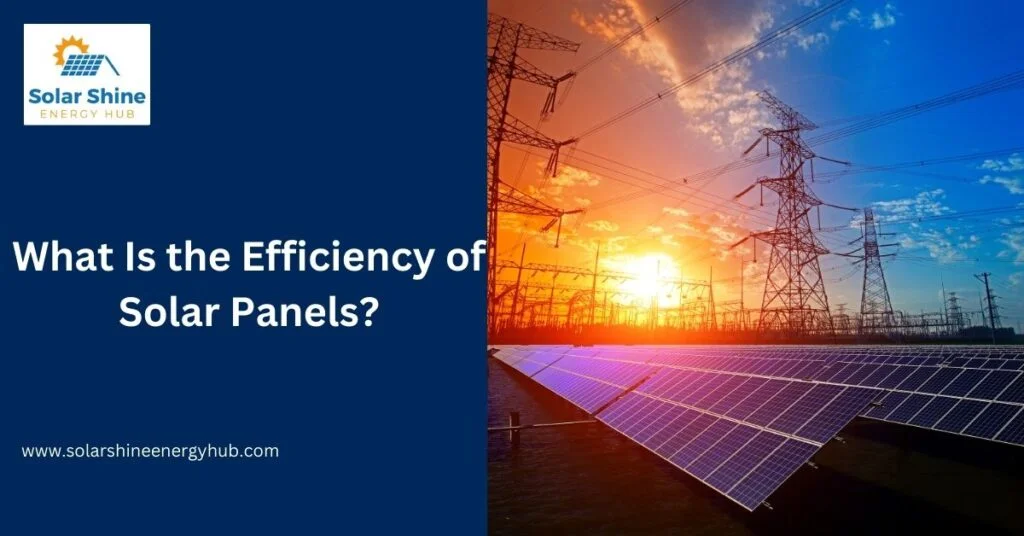
The efficiency of solar panels is a crucial factor in determining their energy output. Higher efficiency means more sunlight is converted into usable electricity. Modern solar panels typically have efficiencies ranging from 15-20%.
Factors such as material, construction quality, and environmental conditions can impact a solar panel’s efficiency. For instance, higher temperatures can decrease efficiency, while optimal installation angles can increase it.
The efficiency of solar panels is continually improving due to technological advancements. Consequently, we can expect future solar panels to generate more electricity from the same amount of sunlight, leading to even greater savings.
Will Solar Energy Costs Decrease?
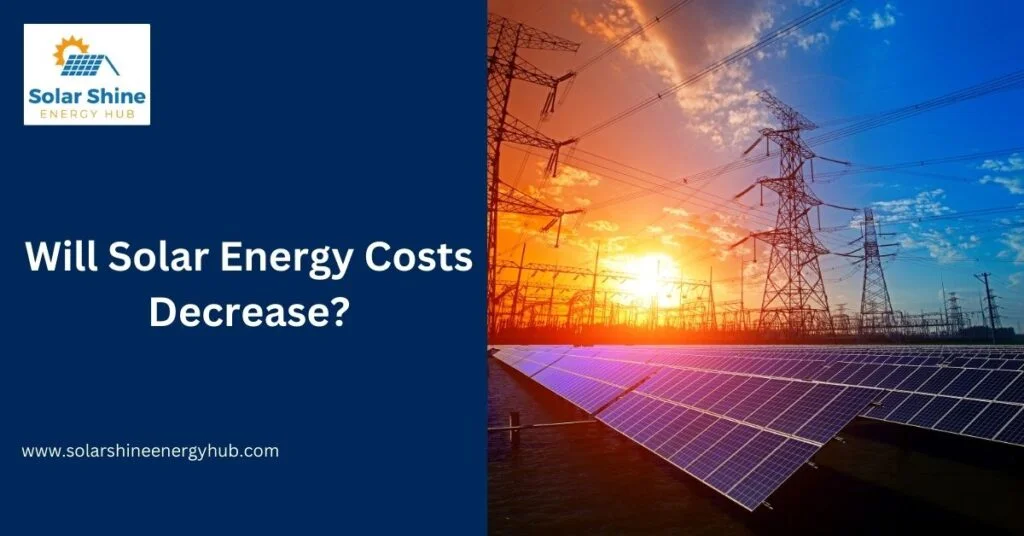
The future of solar energy costs is highly promising, with all signs pointing towards a continued decrease. This downward trend is primarily due to technological advancements that are making solar cells more efficient and less expensive to produce. As the technology improves, the cost per watt of solar energy is expected to keep dropping, making solar an increasingly affordable option.
Another factor contributing to the potential decrease in solar energy costs is economies of scale. As more homes and businesses switch to solar, the increased demand is likely to drive down the costs of manufacturing and installation. The solar industry’s growth is also attracting more investment, which could further accelerate cost reductions.
However, it’s worth noting that government policies and incentives play a crucial role in shaping solar energy costs. Favorable policies, such as tax credits and subsidies, can significantly offset the initial cost of solar panel installation. Therefore, the future costs of solar energy will also depend on the ongoing support from government policies.
Conclusion Will solar panels eliminate my electric bill
In conclusion, the horizon of solar energy is brilliantly illuminated, signaling a future where power is clean, sustainable, and, most importantly, accessible. As we bask in the glowing promise of solar potential, it’s evident that the sun is far from setting on this renewable energy frontier. Harnessing the sun’s boundless energy is not just a possibility—it’s our future. So, let’s step into this bright tomorrow, powered by the promise of solar.